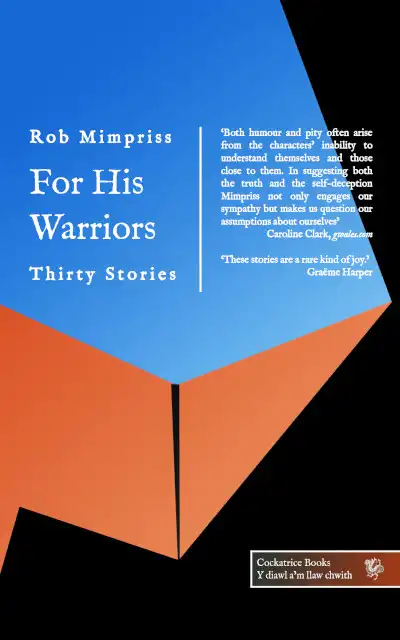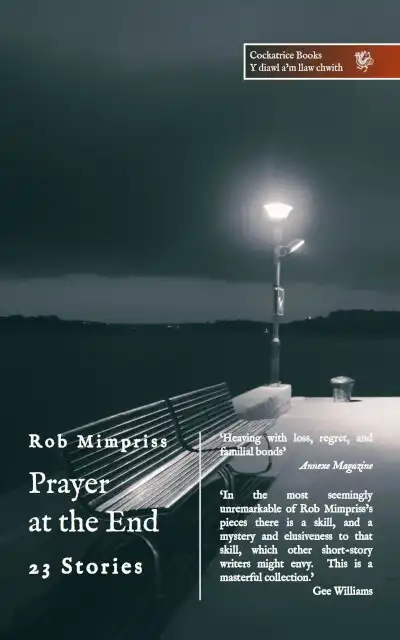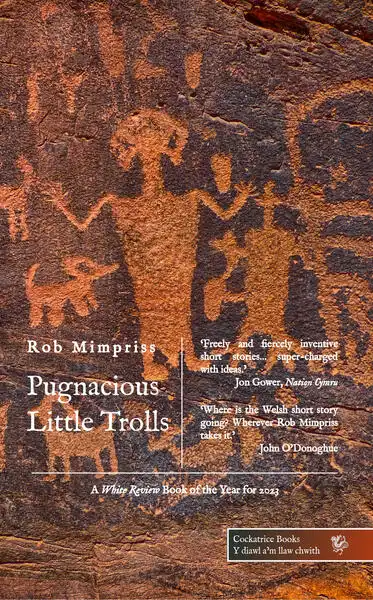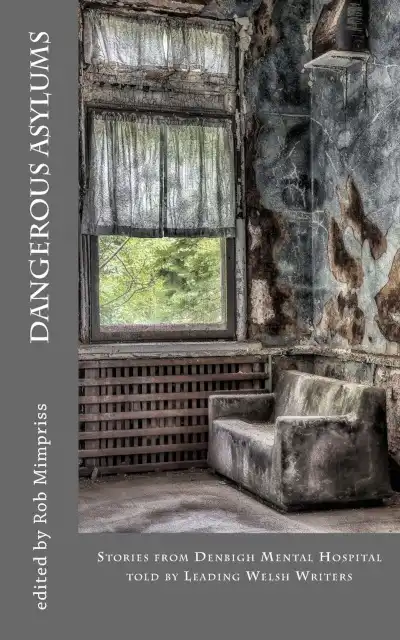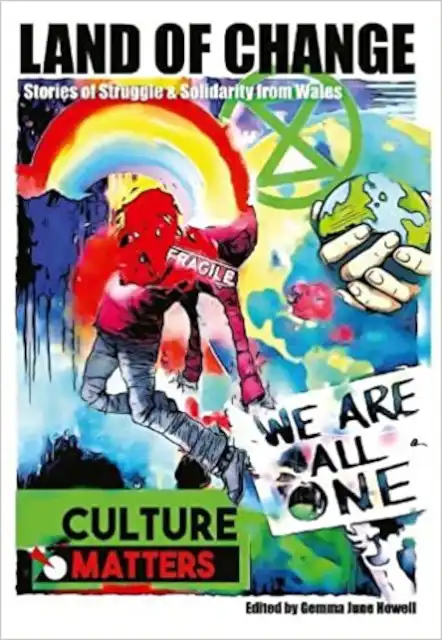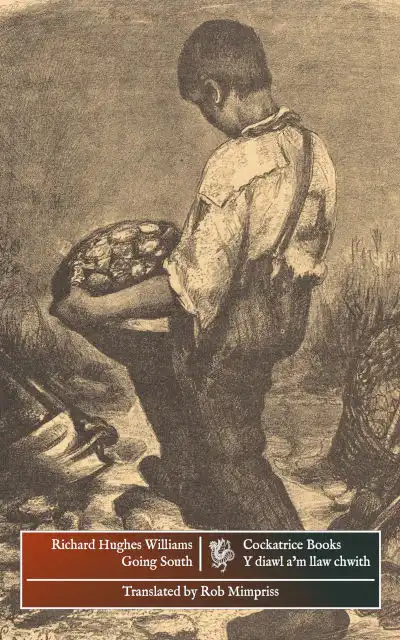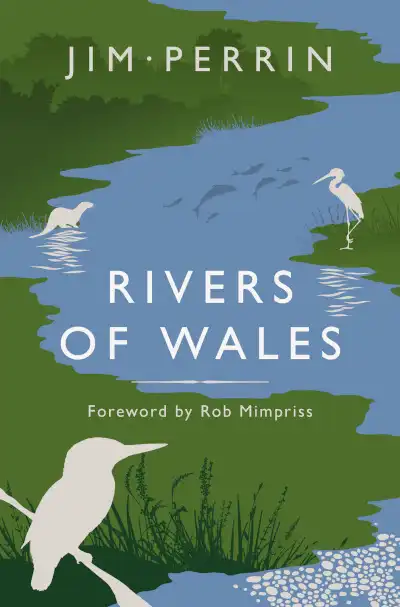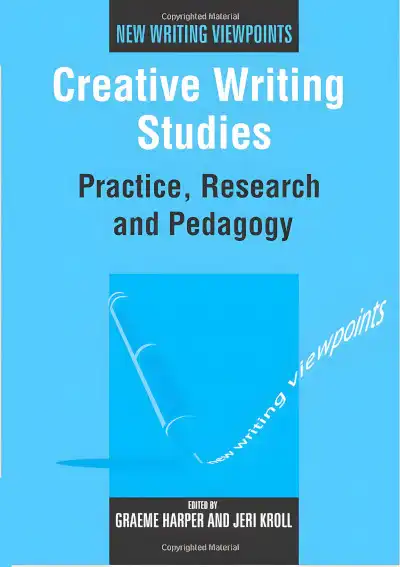15th December 2020: In an event which received scarcely any attention in the media, the UK government's redrawing of the electoral boundaries yesterday received royal assent. While the number of Westminster constituencies remains unchanged at 650, Scotland will lose two MPs and Wales eight, and the number of MPs will increase in Conservative-voting areas of England.
In terms of UK politics, no opposition party has ever overturned an eighty-seat majority in a single parliament, and this move ensures that the Conservatives will stay in power for at least another ten years. While austerity has already cost the UK economy £300 per household per month and caused 130,000 preventable deaths, while racism and hate crimes against the disabled have become more commonplace, while homelessness and suicide have increased and life expectancy has declined, while hunger has risen among children, and while the government's measures against the Coronavirus have resulted only in the enrichment of the few, these are the actions of a Conservative government restricted by its partners in coalition and by European law. As the forces inhibiting them are removed, as the government pursues its plans to ‘modernise’ the constitution by stripping us of our human rights and removing legal protections against the prorogation of parliament, we must suppose that UK society will become poorer and meaner, its rulers more bloated and corrupt, its culture more ugly and hateful, and our lives more stressful, shorter and more unhealthy, for many years to come, that we will suffer deeper and bitterer losses over the next ten years than we have suffered since 2010.
In terms of Welsh politics, this is the weakening of a delegation which is already utterly insignificant in its ability to protect us, and combines with the Internal Market Bill which the parliaments of the Celtic nations have already rejected because it undermines our ability to rule ourselves. Meanwhile, the far-right and pro-Brexit parties openly campaign for the abolition of Welsh democracy, while Conservatives in Wales and England alike increasingly protest that their party has fallen prey to English nationalism. The middle way, civilised and pragmatic, of federalism or devolution, is being hollowed out, and we face an increasingly stark and urgent choice between independence and political powerlessness. Only one of these alternatives will allow our democracy, our culture, or our values to survive.

